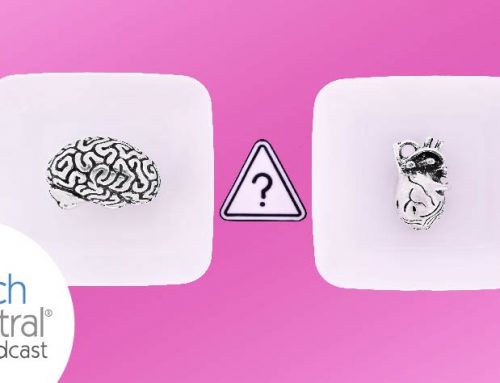Living with bipolar disorder presents a number of challenges, from the obvious – dealing with the depression, mania, and other symptoms – to the lesser understood challenges – such as discrimination, managing medical care, and handling family concerns. It shouldn’t be surprising to anyone that living with a life-long and chronic illness is going to be difficult. What is surprising is the number of things we can control.
First, let’s dispel the myth that we have no ability to manage bipolar disorder. That is simply untrue. We are not helpless against our illness. We don’t always have a lot of control, but we almost always have more than zero. Acknowledging this doesn’t make the disease less of a burden, but it does provide the most important piece of the foundation to reach recovery, which is that if we truly had zero control over bipolar disorder, then no one would ever get better. We would all be slaves until we all met the identical end.
Not All Bad Decisions Are Bipolar Disorder’s Fault
The fact is, not all bad decisions are bipolar disorder’s fault. The other day, I was sitting at work and my co-worker walked into the room and gave me some information I had been waiting on. Seeing it was bad news, I looked up and gasped, “I can’t believe you botched this so terribly.” I was clearly angry and my tone and body language reflected that.
Bipolar Responsibility Naturally, she got defensive and we argued for a few moments before agreeing to retreat to neutral corners. I sat in my office, seething. I was furious at the information and I had taken it out on her. I figuratively shot the messenger. After a few minutes, I walked into her office and apologized for my behavior. She said she understood and all was well in the world. I made a mistake, I made amends, the world moved on. No need to bring bipolar disorder into this.
I could have, though. I hadn’t been sleeping well, had been feeling depressed and anxious for a few days, and had been feeling overwhelmed for a while. All of these are symptoms of bipolar disorder. Instead of apologizing, I could have used those feelings as an excuse. I could have played the “you don’t understand what it’s like to live with this horrible disease” card. In my early years, I would have, too. It would have been played quickly and it never would have occurred to me that I could have made a better choice. I gave away my power and sent a clear message that I wasn’t in control.
Bipolar Disorder Isn’t Our Fault, but it is Our Responsibility
Because of bipolar disorder, I have made a great many mistakes. I have more regrets that I have forgotten than most people have in a lifetime. Bipolar disorder shares some responsibility for these choices. It would be insulting to think my mistakes weren’t, at the very least, partially influenced by my illness. However – and this is very important – even if whatever happens isn’t my fault at all, it is still my responsibility. If it isn’t my fault, it sure as hell isn’t my parents’, friends’, or society’s fault, either. It is a harsh reality, true, but since I want to be treated like an equal, then I must take responsibly for my disease. It isn’t fair. No one with any illness is being treated fairly. It just is what it is.
Having the ability to make decisions about our treatment, our lives, and how we behave is a fantastic thing. Admitting that we have power over bipolar disorder doesn’t in any way minimize how difficult it is to manage. It also doesn’t prevent us from making mistakes. It just means we are taking responsibility, we are working toward recovery, and we are bettering ourselves the best way we know how.
At the end of the day, when I tell people that living with bipolar disorder doesn’t mean I am any different from anyone else, I want them to believe me. This means I take credit for accomplishments and responsibility when things go wrong. That is all anyone – bipolar or otherwise – can do.
This Article Originally Appeared on www.bphope.com as “Who’s Responsible: Bipolar or You?“








